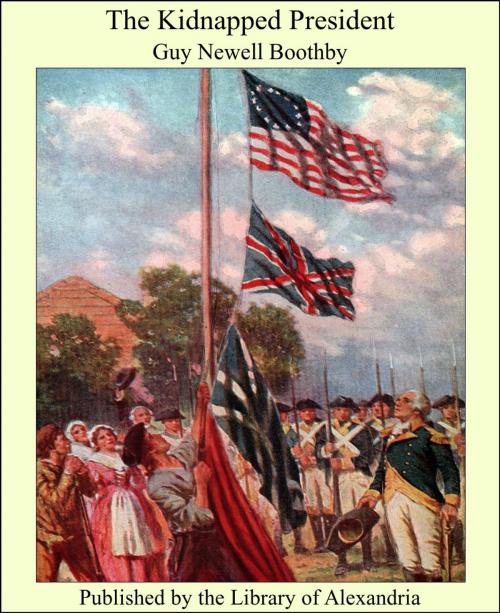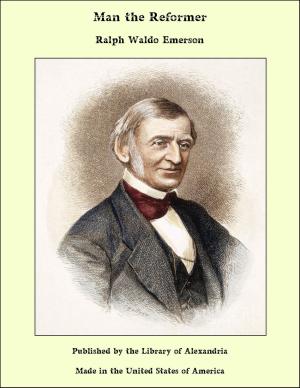| Author: | Guy Newell Boothby | ISBN: | 9781465528322 |
| Publisher: | Library of Alexandria | Publication: | March 8, 2015 |
| Imprint: | Language: | English |
| Author: | Guy Newell Boothby |
| ISBN: | 9781465528322 |
| Publisher: | Library of Alexandria |
| Publication: | March 8, 2015 |
| Imprint: | |
| Language: | English |
I suppose to every man, at some period in his life, there comes some adventure upon which, in after life, he is destined to look back with a feeling that is very near akin to astonishment. Somebody has said that adventures are to the adventurous. In my case I must confess that I do not see how the remark applies. I was certainly fourteen years at sea, but in all that time, beyond having once fallen overboard in Table Bay, and, of course, the great business of which it is the purpose of this book to tell you, I cannot remember any circumstance that I could dignify with the title of an adventure. The sailor's calling in these times of giant steamships is so vastly different from what it was in the old days of sailing ships and long voyages that, with the most ordinary luck, a man might work his way up the ratlines from apprentice to skipper with little less danger than would be met with in a London merchant's office. Though I was not aware of it, however, I was destined to have an adventure, stirring enough to satisfy the most daring, before my seafaring life came to an end. How well I remember the day on which I was appointed fourth officer of the ocean liner Pernambuco, running from London to South America. I should here remark that I held a second officer's certificate, but I was, nevertheless, glad enough to take what I could get, in the hope of being able to work my way up to something better. It was not a bad rise, when all was said and done, to leave a ramshackle old tub of a tramp for the comparatively luxurious life of a mail boat; much jollier merely to run out to the Argentine and back, instead of dodging at a snail's pace from port to port all round the world. Then again there was the question of society. It was pleasanter in every respect to have pretty girls to flirt with on deck, and to sit beside one at meals, than to have no one to talk to save a captain who was in an intoxicated state five days out of seven, a grumpy old chief mate, and a Scotch engineer, who could recite anything Burns ever wrote, backwards or forwards, as you might choose to ask him for it.
I suppose to every man, at some period in his life, there comes some adventure upon which, in after life, he is destined to look back with a feeling that is very near akin to astonishment. Somebody has said that adventures are to the adventurous. In my case I must confess that I do not see how the remark applies. I was certainly fourteen years at sea, but in all that time, beyond having once fallen overboard in Table Bay, and, of course, the great business of which it is the purpose of this book to tell you, I cannot remember any circumstance that I could dignify with the title of an adventure. The sailor's calling in these times of giant steamships is so vastly different from what it was in the old days of sailing ships and long voyages that, with the most ordinary luck, a man might work his way up the ratlines from apprentice to skipper with little less danger than would be met with in a London merchant's office. Though I was not aware of it, however, I was destined to have an adventure, stirring enough to satisfy the most daring, before my seafaring life came to an end. How well I remember the day on which I was appointed fourth officer of the ocean liner Pernambuco, running from London to South America. I should here remark that I held a second officer's certificate, but I was, nevertheless, glad enough to take what I could get, in the hope of being able to work my way up to something better. It was not a bad rise, when all was said and done, to leave a ramshackle old tub of a tramp for the comparatively luxurious life of a mail boat; much jollier merely to run out to the Argentine and back, instead of dodging at a snail's pace from port to port all round the world. Then again there was the question of society. It was pleasanter in every respect to have pretty girls to flirt with on deck, and to sit beside one at meals, than to have no one to talk to save a captain who was in an intoxicated state five days out of seven, a grumpy old chief mate, and a Scotch engineer, who could recite anything Burns ever wrote, backwards or forwards, as you might choose to ask him for it.















